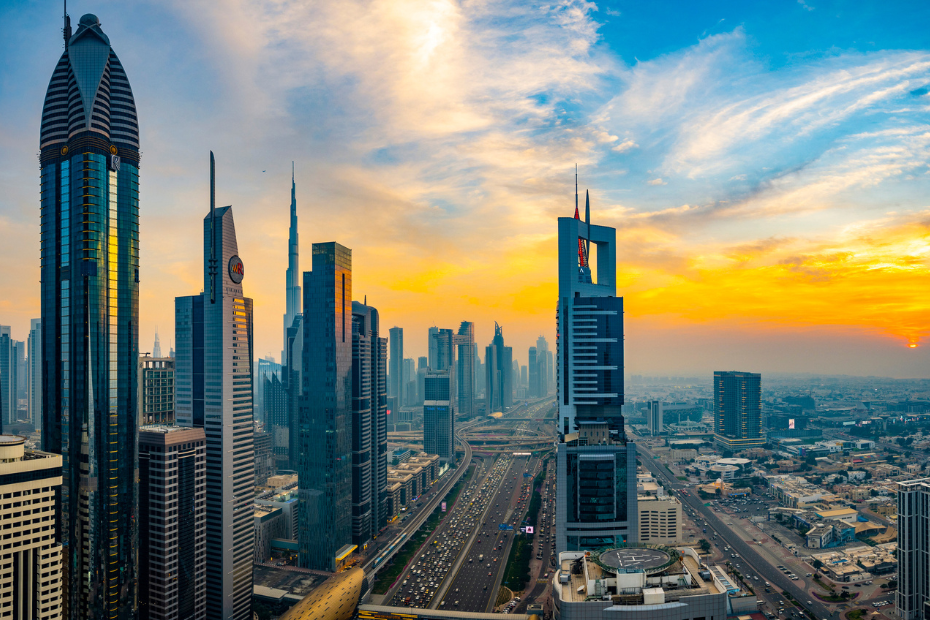Image: Deejpilot/ Getty Images
Equitativa, the manager of Emirates REIT, has reported that the Shariah-compliant real estate investment trust witnessed its highest-ever property income in FY 2023, along with strong growth in assets.
Total property income reached $74m, marking a commendable 10 per cent year-on-year increase from FY2022.
Net property income surged by 12 per cent to $62m, driven by strategic asset performance optimisation.
Operating profit witnessed a significant upswing, amounting to $44m, reflecting a 37 per cent increase over the previous year.
Despite challenges posed by rising benchmark rates and increased finance costs, Emirates REIT reported a profit in 2023 amounting to $127m, demonstrating a robust 55 per cent year-on-year growth.
The unrealised gain on revaluation of investment properties stood at $133m, underlining the robust operating performance of the portfolio assets in a healthy real estate market.
Thierry Delvaux, CEO of Equitativa, said: “The past year represents a major milestone for Emirates REIT, with record revenues and positive operating profits built on a strategy based on asset performance optimisation.
“We signed a significant number of leases at lower rates during the Covid crisis, which are now coming to maturity. This should yield substantial additional rental growth in the next few years across the entire portfolio, as those are renewed at the current rates.”
The REIT’s growth reflects real estate sector’s appeal
Delvaux told Gulf Business that Emirates REIT’s growth underscores the country’s dynamic real estate market. “The UAE office market is thriving, with tenants and new arrivals struggling to find space, and vacancy rates heading towards the single-digit level.
“The remarkable turnaround – which has seen a full reversal of the dynamics of the pandemic and the absorption of latent vacancy from that period – is unprecedented. Demand in premium property spaces, in particular, has reached new heights. Dubai International Financial Centre (DIFC) saw 34 per cent growth in new registrations last year, and key office spaces such as Index Tower, which is mostly owned by Emirates REIT, achieved close to 90 per cent occupancy in 2023.”
Not only is the relationship between supply and demand changing, but the volume of the market is growing, adds Delvaux. “More Asian and European companies are considering relocating their headquarters or key offices to the UAE, because of the country’s focus on maintaining the optimal tax, regulatory and geographical environment to attract foreign corporations.”
The Equitativa CEO said this momentum is likely to continue since the level of supply coming onto the market in the next few years is likely to remain very limited. “A growing population and the attractiveness of the UAE’s economy is lifting all boats – demand for residential and commercial real estate is rising in parallel. We can see the emergence of a race towards quality and sustainability, as companies look for a long-term base for their operations,” he added.
Emirates REIT: Asset management and portfolio 0ptimisation
Furthermore, Delvaux emphasised the dedication and skill of the asset management team in optimising efficiencies across the portfolio.
Occupancy rates across the portfolio increased by 1.7 percentage points to 86 per cent for FY 2023, accompanied by a 10 per cent year-on-year increase in passing rental rates across commercial and retail properties.
The total number of tenants rose by 8 per cent, reflecting the attractiveness of Emirates REIT’s diversified assets.
Operational highlights included successful leasing activities, with 195 renewals, 108 new leases, and 53 exits during FY 2023.
Notably, Index Tower, the REIT’s largest asset, witnessed stable occupancy rates and an 11 per cent increase in passing rental rates. European Business Centre and Loft Offices also recorded strong performances, with significant increases in occupancy and rental rates.
Read: How REITs are unlocking the potential of UAE real estate
